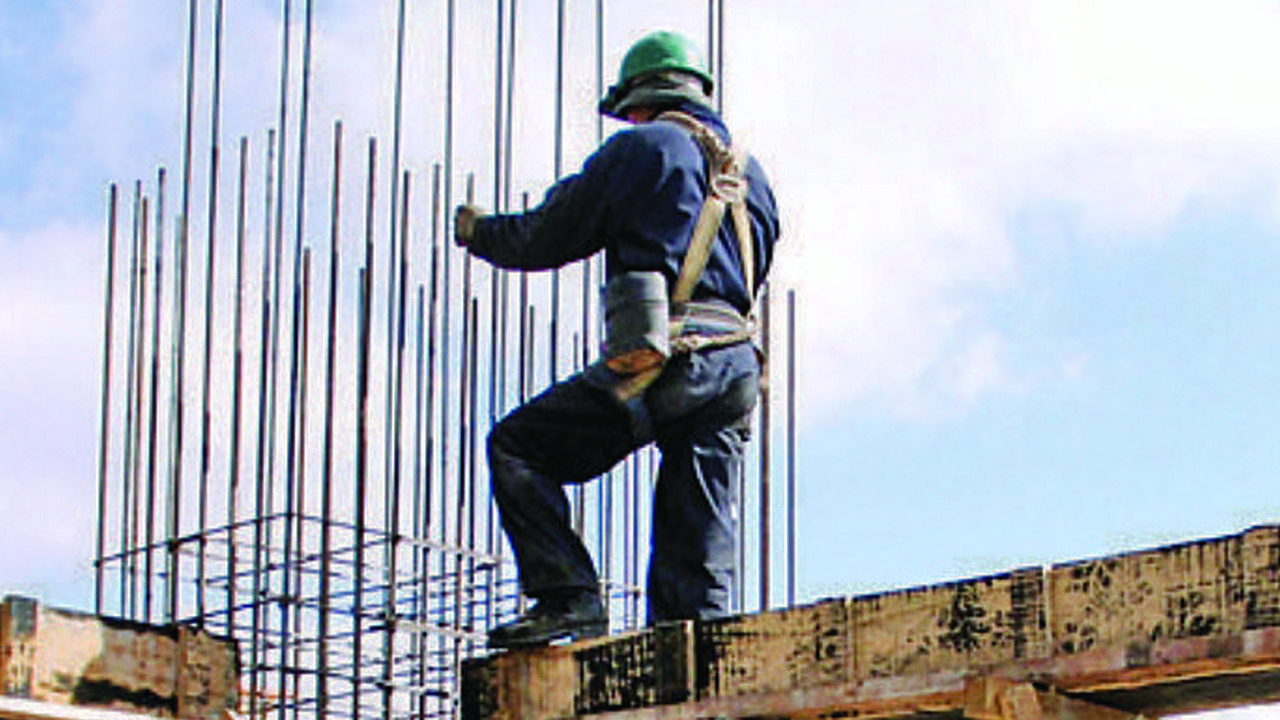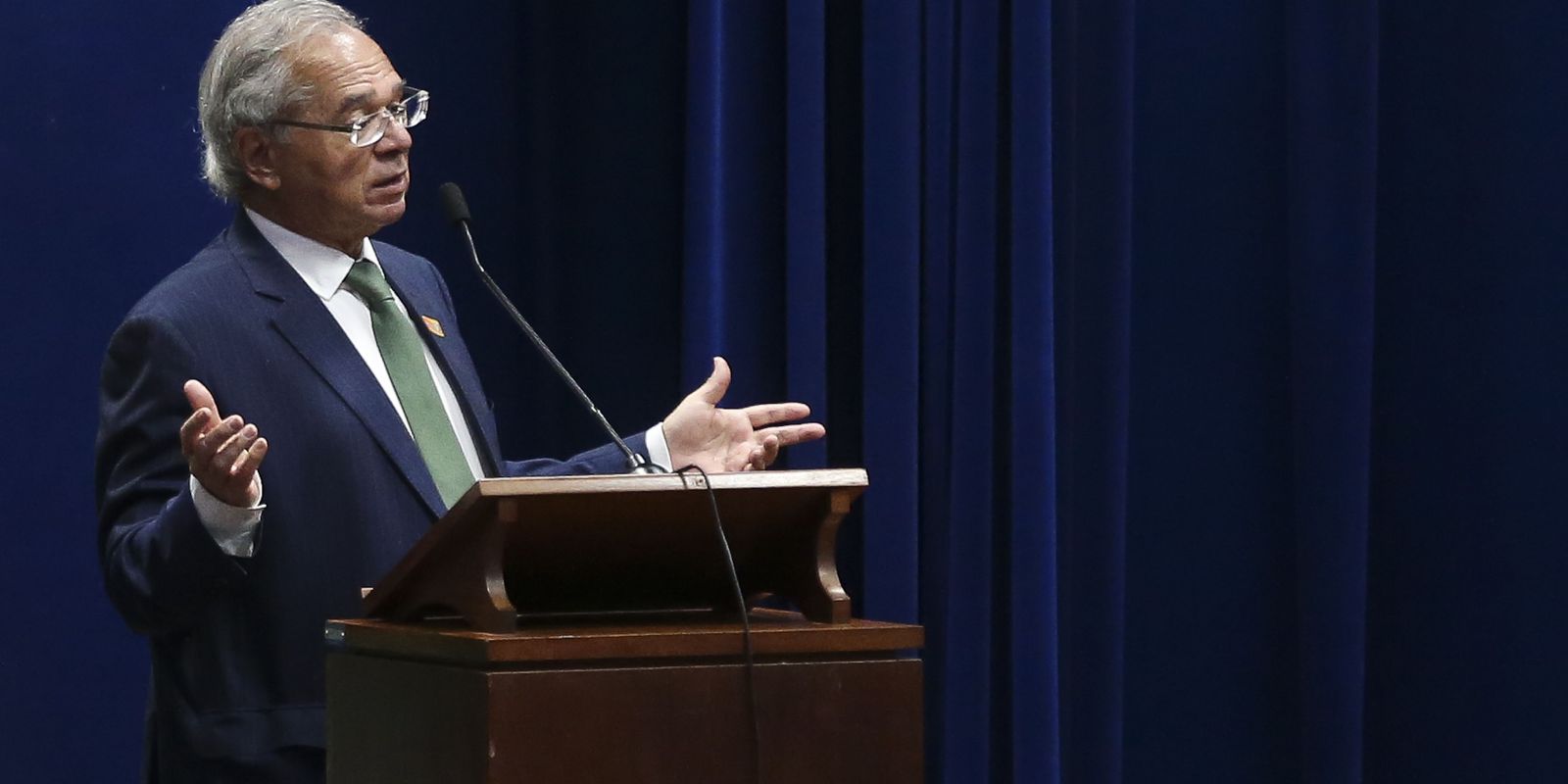Page Seven Digital
The National Chamber of Industry (CNI) affirmed this Thursday that a wage increase this year could cause a greater recession in the country’s productive apparatus.
“The National Chamber of Industries expresses its deepest concern about the demand for a salary increase of 10% to the national minimum wage and 7% to the basic salary that will plunge the national productive apparatus into a greater and critical recession,” the institution reported.
The CNI reported that to protect against economic reactivation, national production and the generation of productive and formal employment, this year the wage adjustment should be frozen, says a statement from the industrial sector.
Among his reasons for freezing the salary increase, he mentions that in 2021 there was a recovery rate of the Gross Domestic Product (GDP) of 6.11%, when in 2020 the economy contracted by -8.83%.
You can also read: The salary increase will be defined from April 20 between the Government and the COB
Which means that the economy and, therefore, the companies in the country have not yet reached the level of economic activity recorded in 2019 and are in recession.
“The salary increase will generate a negative effect of slowing down and postponing the reactivation of the economy, placing companies in a delicate situation of greater liquidity and risk of insolvency,” the institution specified.
They also state that the impact of Covid-19 was uneven in each of the departments and industries. For example, the industries in the departments of Tarija and Chuquisaca are the most affected by the recession.
Added to this is the international supply crisis. Now they are also facing the negative effects of Russia’s invasion of Ukraine on the import costs of inputs, raw materials and capital goods.
You can also read: COB rejects tripartite dialogue for salary increase and blames businessmen for abrogation of Law 1386
In this context, according to the CNI, a salary increase will deepen the critical situation of the industries, even more so of the medium, small and micro productive units.
“The salary increase will only increase informal and precarious employment that does not contribute with taxes to the State and does not generate employment with short-term (health) and long-term (retirement) social security. Only 14% of the employed population in the country receive the salary increase agreed by the public sector and the COB. For each point of salary increase, around 10,000 jobs are lost in Bolivia”, warns the sector.








